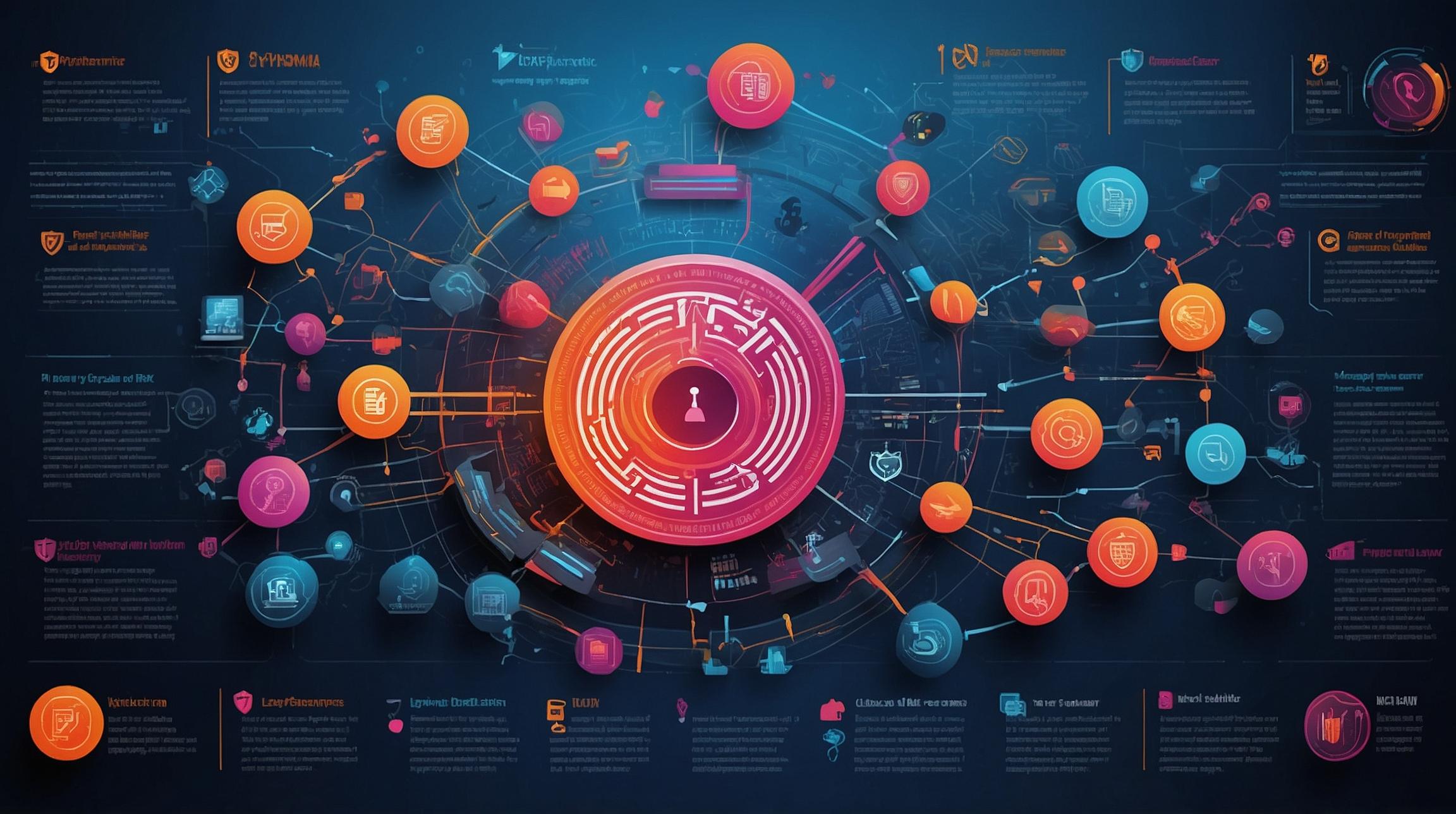What are Cybersecurity Laws & Regulations?
Cybersecurity laws and regulations are sets of rules designed to protect data and information systems from being accessed, stolen, or damaged by cyber threats. Think of them like the rules of the road that ensure everyone drives safely. These laws make sure companies keep your personal information safe and let you know if something goes wrong, like a data breach.
What are Federal Cybersecurity Regulations?
Federal cybersecurity regulations are rules set by the national government to protect data and computer systems. In the U.S., these rules mainly protect government systems, critical infrastructure, like electricity grids, and some private companies. They set standards for how to keep systems secure, report incidents when something goes wrong, and make sure everyone is following the rules.
Critical Federal Cybersecurity Laws to Be Aware Of
Federal Information Security Management Act (FISMA)
FISMA requires government agencies to protect their data by having strong security plans and regularly checking for risks, much like how one would check a house's locks and windows regularly.
Cybersecurity Information Sharing Act (CISA)
CISA encourages the sharing of information about cyber threats between the government and private companies, sort of like neighbors sharing information about a suspicious person in the area.
Gramm-Leach-Bliley Act (GLBA)
The GLBA protects your financial information, requiring banks to keep it safe and let you know how they use it.
Health Insurance Portability & Accountability Act (HIPAA)
HIPAA ensures your health information, like medical records, is kept secure and private, much like a lock on your medicine cabinet.
Children’s Online Privacy Protection Act (COPPA)
COPPA protects children's personal information online by requiring parental consent when websites want to collect data from kids under 13.
Computer Fraud & Abuse Act (CFAA)
The CFAA makes it illegal to hack into computers, much like laws against breaking and entering.
Electronic Communications Privacy Act (ECPA)
ECPA protects your electronic communications, such as emails, from being accessed without permission.
National Institute of Standards & Technology (NIST) Framework
The NIST Framework provides guidelines for companies to manage and reduce the risk of cyber threats, like a recipe for staying safe online.
What are State Cybersecurity Regulations?
State cybersecurity regulations are laws created by individual states to handle specific local security needs. These can add extra rules on top of federal laws and often focus on protecting consumer data within the state.
Notable State Cybersecurity Laws to Know
- California: The California Consumer Privacy Act (CCPA) gives residents rights over their personal information, such as opting out of its sale.
- New York: The SHIELD Act requires businesses to protect data and report breaches quickly.
- Massachusetts: Enforces standards for securing personal information through its data security regulation.
- Texas, Colorado, Virginia, Nevada, and Washington: Each has laws addressing aspects like data protection, consumer rights, and breach notifications.
Cybersecurity Regulations by Industry
Financial Services
These firms must protect sensitive financial data with encryption and other safeguards, following laws like the GLBA.
Healthcare
Healthcare providers must comply with HIPAA to protect patient information.
Government
Agencies follow rules like FISMA to protect government data.
Energy
Must protect against threats that could disrupt services, following standards like NERC CIP.
Retail/E-commerce
Must protect payment information with standards like PCI DSS.
Technology and Telecommunications
Must safeguard proprietary and customer information, following various regulations and standards.
Education
Schools must protect student data under laws like the Family Educational Rights and Privacy Act (FERPA).
Cybersecurity Regulations Strategies for Compliance and Risk Management
Conducting a Regulatory Impact Assessment
Helps understand new regulations' effects and develop strategies to fill any gaps.
Implementing Robust Cybersecurity Policies
Creating strong policies to cover data protection and incident response keeps companies aligned with regulations.
Training & Awareness Programs
Keeping employees informed and trained ensures they know how to protect data and recognize threats.
Investing in Technology & Tools
Using tools like firewalls and encryption technology helps detect and prevent cyber threats.
Regular Audits & Reviews
Frequent checks of security measures ensure compliance and identify vulnerabilities.
By understanding and preparing for these regulations, organizations can better protect their data and ensure compliance, much like following safety rules to avoid accidents.













